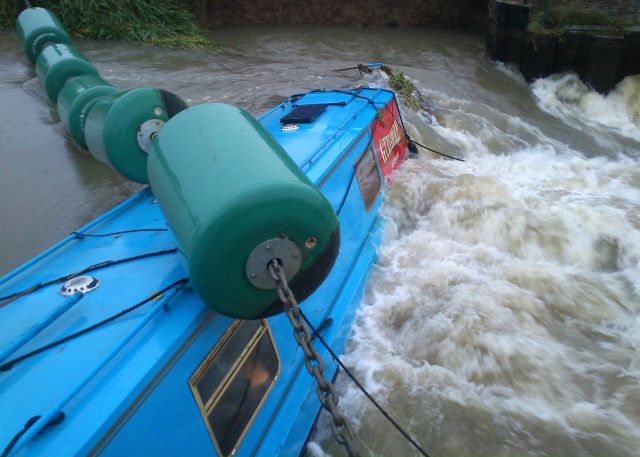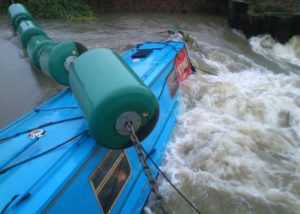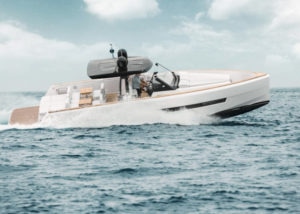River canal rescues reached a new high in 2017


The number of rescues carried out by RCR rose again in 2017
River Canal Rescue reports that the number of rescues it undertook in 2017 yet again reached a new high. In the period from 1 Jan to 31 December, teams attended 162 incidents (137 major and 25 minor), 8% up from 150 (119 major and 31 minor) in 2016.
Major is defined as submerged, partially sunken or grounded craft, plus salvage work; minor as situations which on attendance, can be resolved without the need for a full rescue team.
Managing director, Stephanie Horton comments: “The main causes of major rescues are; silling or catching the rudder in the lock. Usually due to a momentary lapse of concentration and something that can happen to experienced and inexperienced boaters.
“An insecure weed hatch – this typically occurs once the vessel is on the move, causing big problems for the engine as it’s still running when the water gets in resulting in internal damage. Owners tend to be unaware until it’s too late.
“Taking on water or listing – caused by weed hatch or stern gland leaks or heavy rain. Once the engine room floods it makes the boat sit lower in the water.
“Hull issues, bilge pump failure (due to battery running low) and poor weather – particularly common for vessels that sink on their moorings.
“Misadventure. Groundings, drifting and being wedged on weirs and bridges etc are usually due to wind/river conditions, navigation errors or poor judgment.
“Fires – usually electrically related and linked to the 12v system – a burn out tends to set off a chain reaction.
“Domestic water ingress – due to issues related to the domestic tank emptying, loose pipe connections or a shower pump leaking over a period of time. EVERY boat should install a bilge pump in the domestic area.
“Prop and drive system damage caused by underwater obstacles. The obstacle impact itself can damage engine legs/mounts, couplings, gearbox, drive plates, the propeller and prop shaft. A fouled prop can cause gearbox and drive plate failure.”
Outside the rescue requests, RCR call-outs – from electrical, fuel and engine issues to flat batteries, over-heating and gear box failures – totalled 4691, up 115 from 4576 the previous year.
In some years, the split between cruiser and narrowboat call-outs has been 50/50, however this figure is governed by weather conditions as floods increase cruiser incidents. In 2017, RCR says 72% of call-outs were from narrowboats.
Stephanie concludes: “It’s evident that a surge in the popularity of our waterways coupled with an increase in the number of owners who fail to service and maintain their boats are key contributors to these spiralling numbers. In many cases, the call-out could have been avoided with a little ‘know-how, by giving the boat a ‘once-over’ or simply carrying spares.”
RCR runs monthly boat & engine maintenance and electrics courses covering; diesel engines, transmissions, boat plumbing, boat electrics, lay-up and refit procedures.
Boat & engine maintenance course dates are: 24-25 February, 24-25 March, 7-8 and 21-22 April, 9-10 June, 8-9 September, 6-7 October, 3-4 November and 1-2 December. Electrics course dates are: 17-18 March, 12-13 May, 22-23 September and 17-18 November.
In addition, RCR runs one-to-one follow-up sessions for customers attending courses and trainers can present to groups anywhere in the country. Members’ gift vouchers can be redeemed against any products or services, including courses.
To find out more visit http://www.rivercanalrescue.co.uk/rcr-courses/ email enquiries@rivercanalrescue.co.uk or call 01785 785680.










